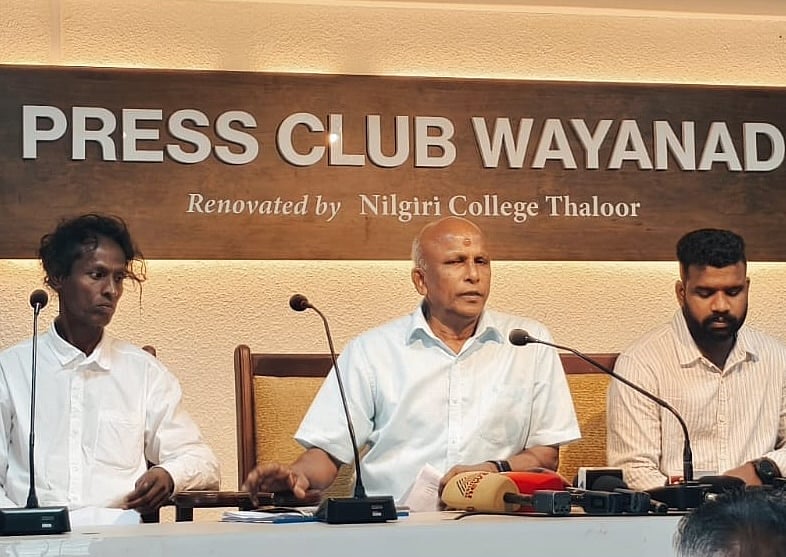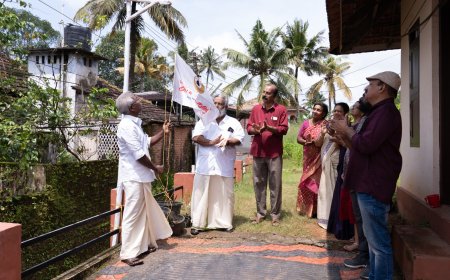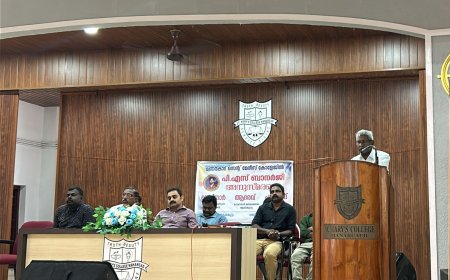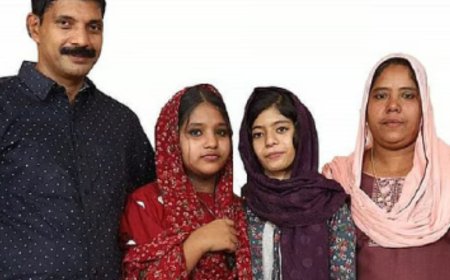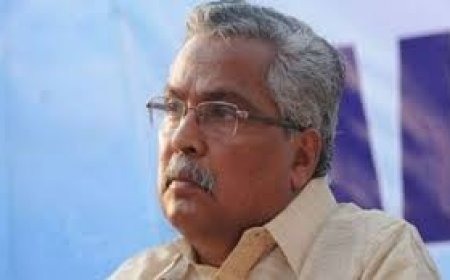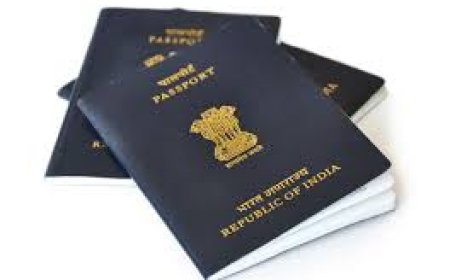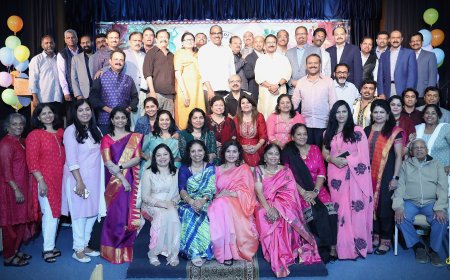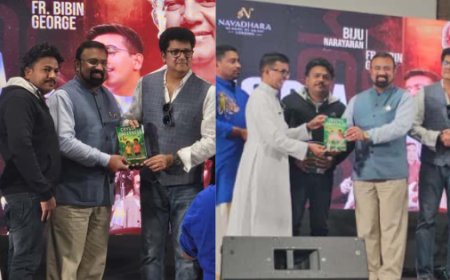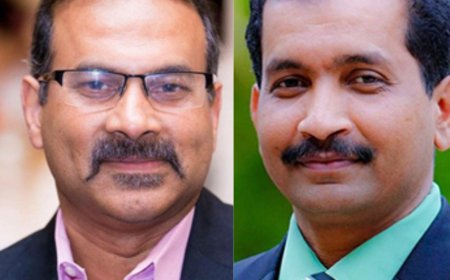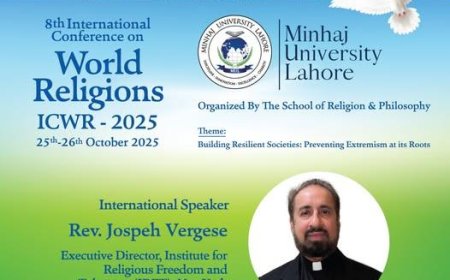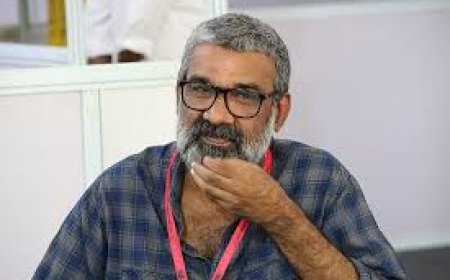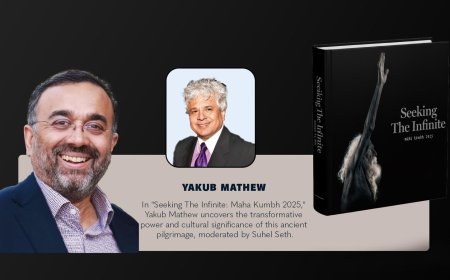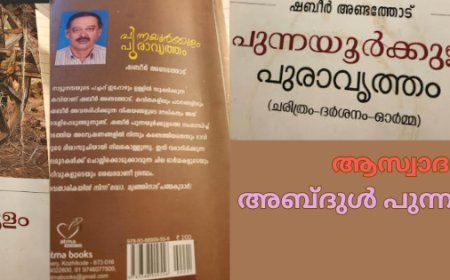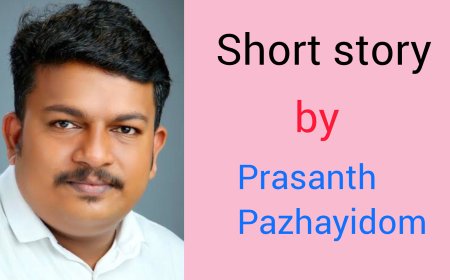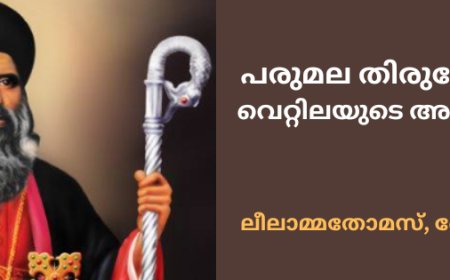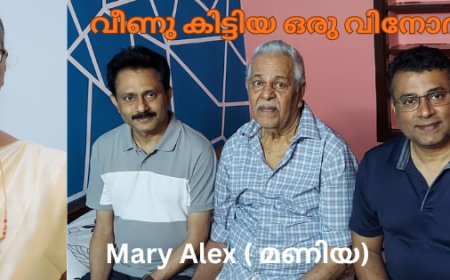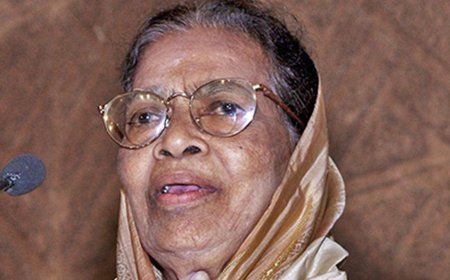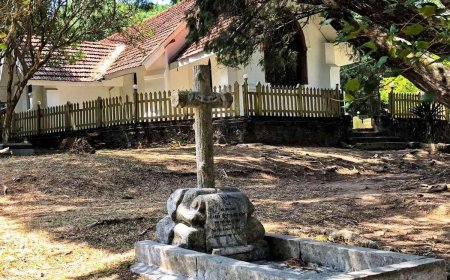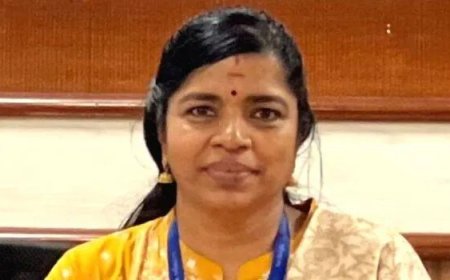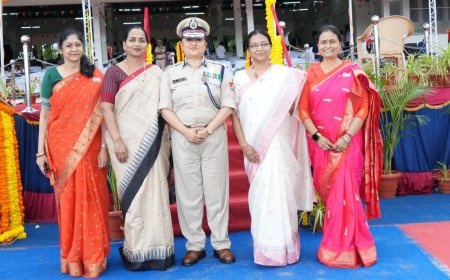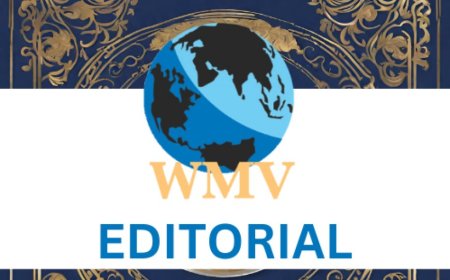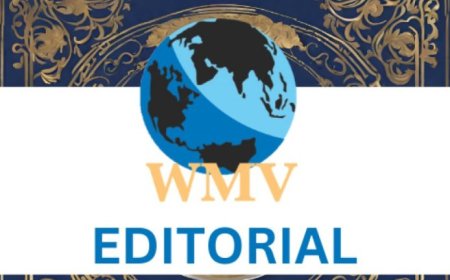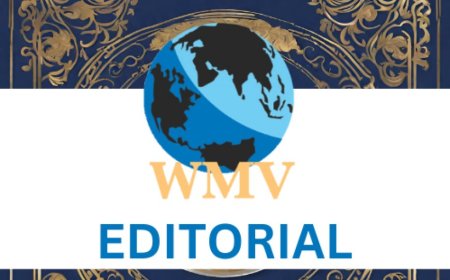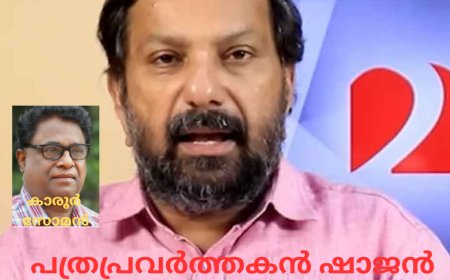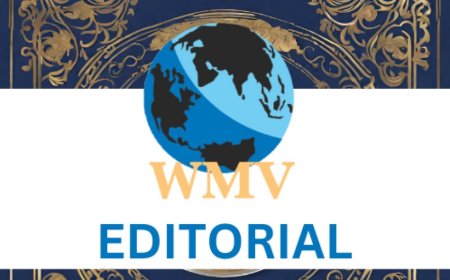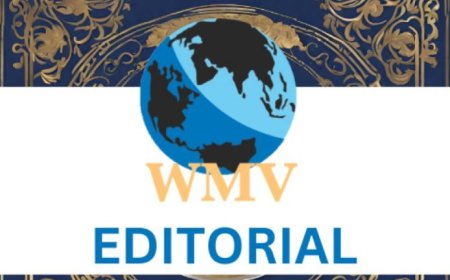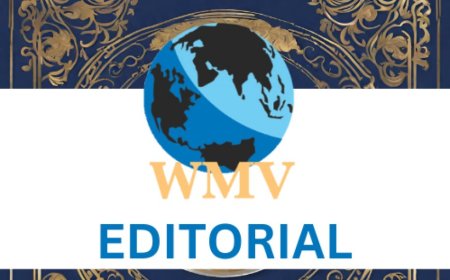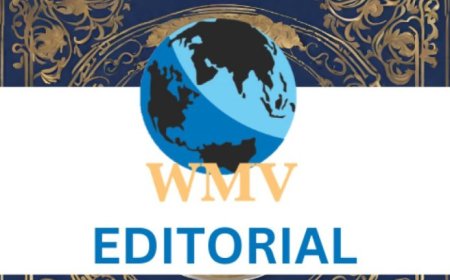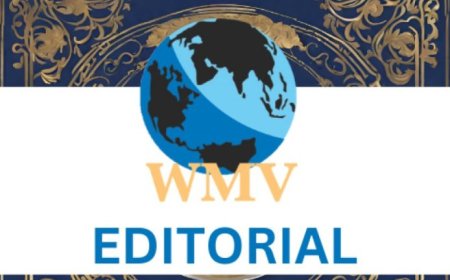Who is Paul Kapur? Trump's Indian-origin pick appointed Assistant Secretary of State for South Asian Affairs
Paul Kapur, an Indian-American scholar, has been appointed Assistant Secretary of State for South Asian Affairs. A professor at the US Naval Postgraduate School, he focuses on nuclear deterrence and security in South Asia, engaging in key defense policy discussions.

INDIAN-American Paul Kapur, on October 7, Tuesday (local time), was appointed Assistant Secretary of State for South Asian Affairs.
Who is Paul Kapur?
Born in New Delhi to an Indian father and an American mother, Paul Kapur is an American scholar and professor at the US Naval Postgraduate School, as well as a visiting scholar at the Hoover Institution.
During the second Trump administration this year, he was nominated to serve as the Assistant Secretary of State for South and Central Asian Affairs, taking over from Donald Lu. Kapur holds a bachelor's degree from Amherst College and a Ph.D. from the University of Chicago.
“Appearing before you, I can't avoid the feeling of having come full circle. I was born in New Delhi, to an Indian father and an American mother. Although I visited India often during my childhood, I grew up in the United States as a thoroughly American kid, never imagining that my career would someday return me to the place where I was born,” Kapur stated, according to NDTV.
His teaching and research focus on nuclear deterrence, Islamist militancy, and the security framework of South Asia and the Indo-Pacific region. He has actively engaged in defence policy dialogues between the US and India, frequently taking part in Track 1.5 discussions that connect governmental and non-governmental channels of diplomacy.
Paul Kapur's books
Jihad as Grand Strategy: Dangerous Deterrent: Nuclear Weapons Proliferation and Conflict in South Asia (Stanford University Press, 2007), Islamist Militancy, National Security, and the Pakistani State (Oxford University Press, 2016), India, Pakistan, and the Bomb: Debating Nuclear Stability in South Asia (Columbia University Press, 2010), and The Challenges of Nuclear Security: US and Indian Perspectives (Palgrave MacMillan, 2024).
In his Senate nomination hearing, Kapur stated that the United States and India “share a host of common interests”, such as ensuring a “free and open Indo-Pacific region”, enhancing trade and economic relations, strengthening cooperation in technology and innovation and guaranteeing reliable energy access to foster economic growth.



